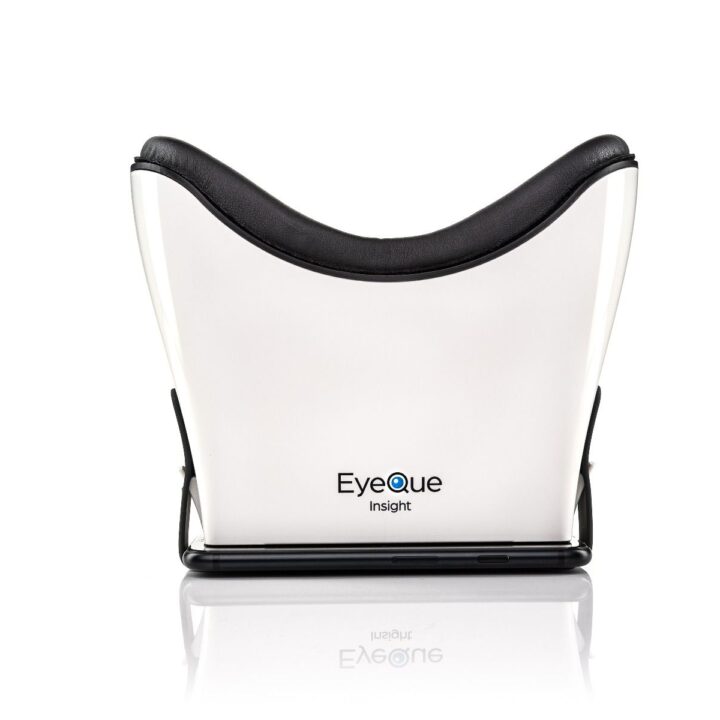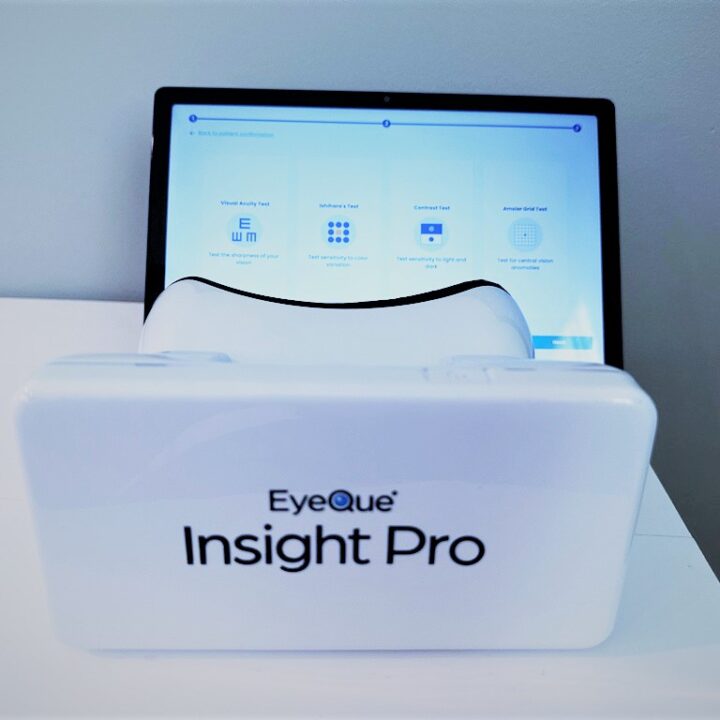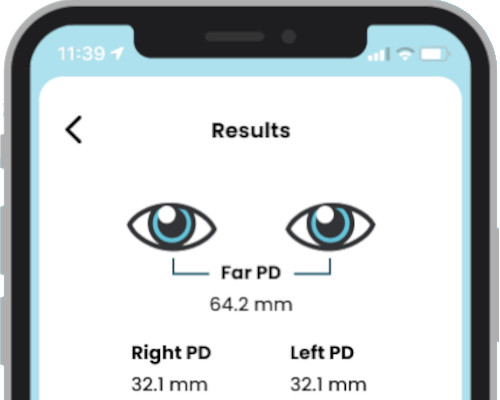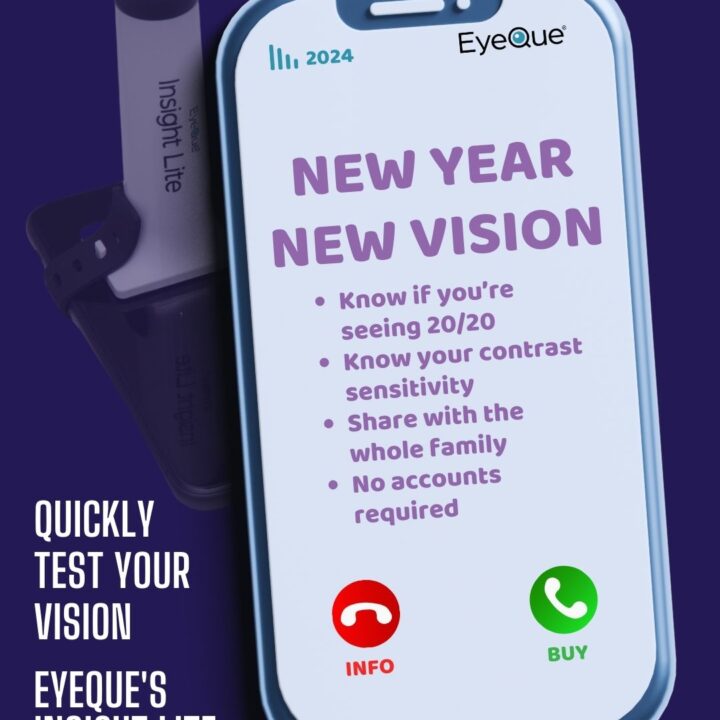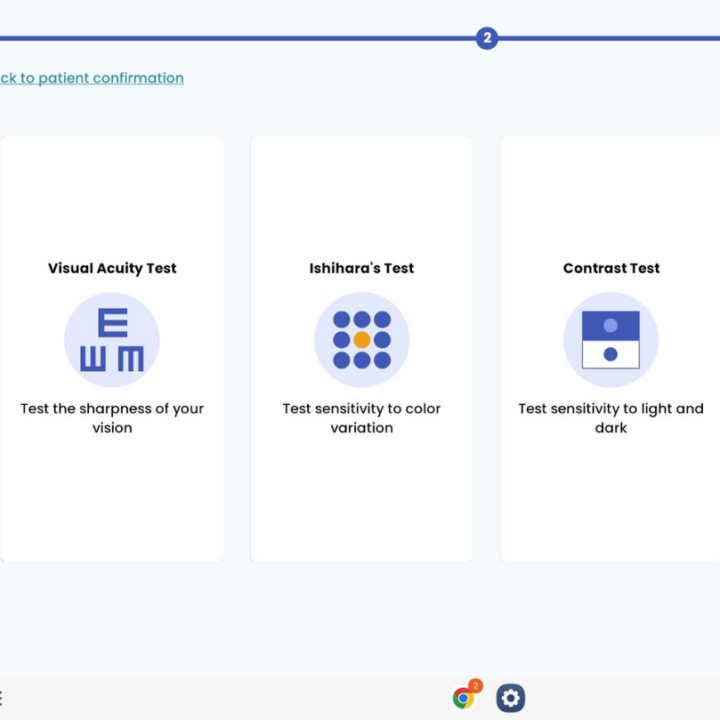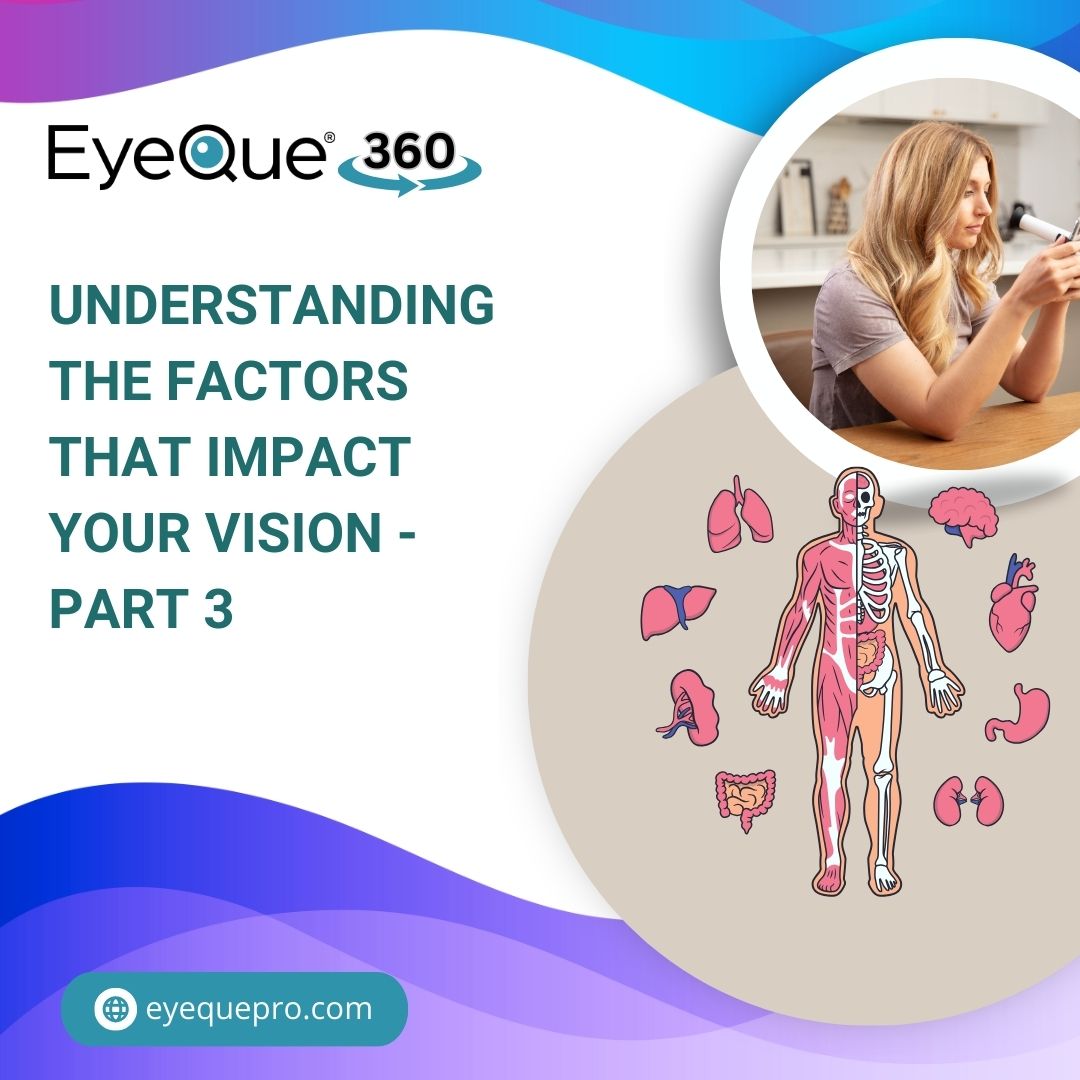EyeQue360- Understanding the factors that impact your vision. Part3
– by EyeQue360 Team
Systemic diseases can have significant implications for vision health, affecting various aspects of visual function and eye structure. We have compiled a common system diseases list for easy understanding.
- Diabetes mellitus, for instance, can lead to diabetic retinopathy, a condition characterized by damage to the blood vessels in the retina, potentially causing vision loss.
- Hypertension may contribute to hypertensive retinopathy, which can manifest as narrowed retinal arteries, bleeding, or swelling of the optic nerve, ultimately impacting vision.
- Multiple sclerosis, an autoimmune disorder affecting the central nervous system, may lead to optic neuritis, resulting in visual disturbances such as blurred vision or loss of color vision.
- Autoimmune diseases, including rheumatoid arthritis and lupus, can affect the eyes through conditions like uveitis or dry eye syndrome, causing discomfort and potential vision impairment.
- Thyroid disorders, such as Graves’ disease or thyroid eye disease, may lead to bulging eyes, double vision, or vision loss due to pressure on the optic nerve.
- Cardiovascular diseases, including heart disease and stroke, can affect blood flow to the eyes, potentially causing retinal artery or vein occlusion, leading to vision loss.
- Sickle cell disease can lead to retinopathy or ocular complications such as proliferative sickle cell retinopathy, impacting vision.
- High cholesterol levels may contribute to atherosclerosis, affecting blood flow to the eyes and potentially leading to retinal vein occlusion or other vascular issues.
- Migraines can cause visual disturbances such as aura, flashing lights, or temporary vision loss.
- Sleep disorders, including sleep apnea, may contribute to optic nerve damage or glaucoma due to fluctuations in intraocular pressure during sleep.
- Neurological disorders such as Parkinson’s disease or Alzheimer’s disease may also affect vision through conditions like glaucoma or cortical visual impairment.
- Chronic kidney diseases can lead to retinopathy or other ocular complications due to metabolic imbalances.
- Nutritional deficiencies, particularly of vitamin A, can result in night blindness or other vision impairments.
- Infectious diseases such as HIV/AIDS can impact vision through conditions like cytomegalovirus retinitis or optic neuritis.
- Pharmaceutical side effects may include ocular complications such as dry eye, cataracts, or changes in intraocular pressure.
- Lastly, beauty and wellness practices such as eyelash extensions or certain cosmetic procedures may pose risks to eye health if not performed safely. Overall, the diverse array of systemic diseases underscores the importance of regular eye examinations and collaborative management between healthcare providers to address potential ocular complications and preserve vision.



